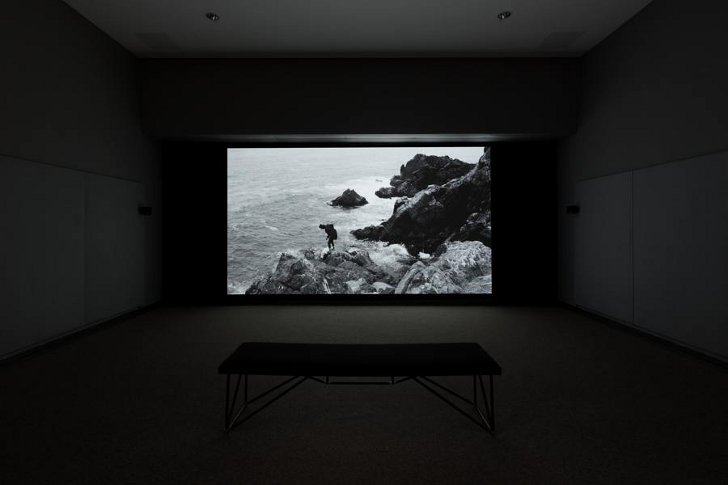The Berlin Biennale was founded in 1996 by Klaus Biesenbach and a group of art collectors and patrons. Biesenbach is also the founder of the Kunst-Werke Institute for Contemporary Art in Berlin, the current director of MoMA PS1 in New York City, and the chief curator at large at the Museum of Modern Art in New York City.
The inaugural Biennale ran for three months in 1998. It was curated by Klaus Biesenbach, art critic and historian of art Hans-Ulrich Obrist, and museum curator Nancy Spector. The exhibition featured over 70 artists, including several obscure names who would later become famous, such as Olafur Eliasson, Thomas Demand, Jonathan Messe, and Franz Ackermann.
Since its 3rd edition in 2004, the Berlin Biennale has been run by the KW Institute for Contemporary Art. The event is funded by the government of Germany through the Kulturstiftung des Bundes (German Federal Cultural Foundation). In 2008, the exhibition joined the European Biennial Network, a project designed to bring together Europe’s leading biennial exhibitions, including the Venice Biennale, the Göteborg International Biennial for Contemporary Art, Manifesta, and others.
The Berlin Biennale is an impressive showcase of contemporary art, including works by emerging artists from different countries. The participating artists are chosen by the curator or curators of the event according to the annual theme of the Biennale. Although the exhibition focuses on visual arts, it encourages the convergence of various art forms that allows to create innovative and exciting pieces of art.
Over the years, the Berlin Biennale has been held at different venues in Berlin, including the KW Institute of Contemporary Art, Martin-Gropius-Bau, the Neue Nationalgalerie, the Shinkel pavilion, the Dalhem museums of the Berlin State Museums, the Academy of Arts, the European School of Management and Technology (ESMT Berlin), and many others. Leading cultural institutions of Berlin participate in the exhibition through collaborations and other joint products.





